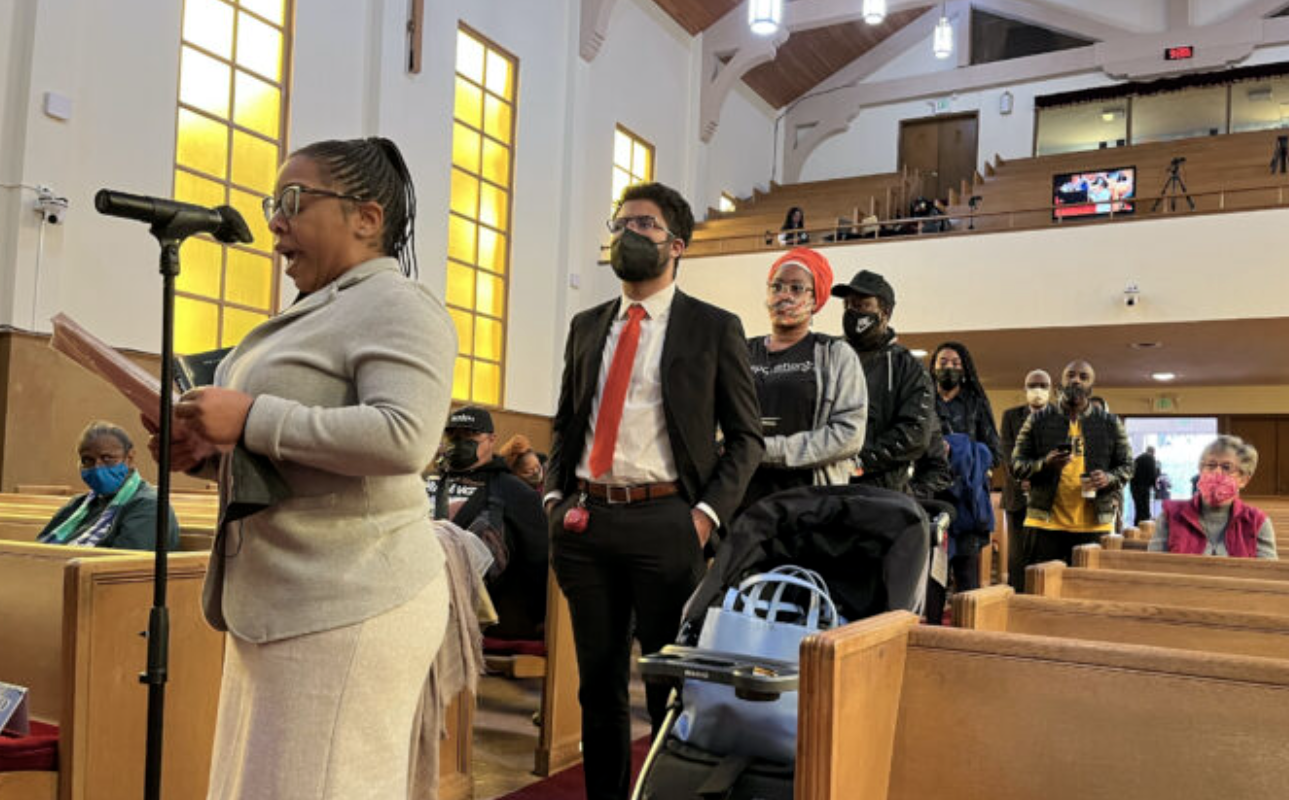
CalMatters
CALmatters is a nonpartisan, nonprofit journalism venture committed to explaining how California’s state Capitol works and why it matters. Environmental regulation, education, health care, criminal justice, economic inequality – the debates on these issues and others have a profound impact on the lives of 38 million Californians and beyond. Yet, mirroring trends across the country, there has been a significant decline in the number of journalists covering the Capitol in Sacramento. This has meant fewer eyes on decision makers, and a public that feels disconnected from its state government. Our team of experienced journalists, with the time and resources to dig deep, is committed to meaningfully informing Californians about the players, politics, and interests that shape the issues that affect their lives. Over the coming months, CALmatters will be working to unwrap key issues, while experimenting with the forms our stories take. To ensure we reach many Californians, we work with media organizations throughout the state that have long, deep relationships with their local audiences.
California’s reparations task force released its first of two reports detailing the state’s history of slavery and racism and recommending ways the Legislature might begin a process of redress for Black Californians, including proposals to offer housing grants, free tuition and to raise the minimum wage.
The 500-page study describes decades of state and federal government actions that harmed Black Americans — from American slavery to the more recent redlining, mass incarceration, police actions and the widening wealth gap between Blacks and whites.
After police killed George Floyd and the subsequent nationwide protests, Gov. Gavin Newsom in 2020 signed legislation establishing the task force to study and develop a plan for reparations in the state. The law gave “special consideration” to Black Americans who are direct descendants to enslaved people.
The task force report proposes dozens of recommendations, including that the Legislature “implement a comprehensive reparations scheme.” The final details — including the exact monetary amount of compensation and the number of Black Californians eligible — will be in a second report due to the Legislature by July 2023.











